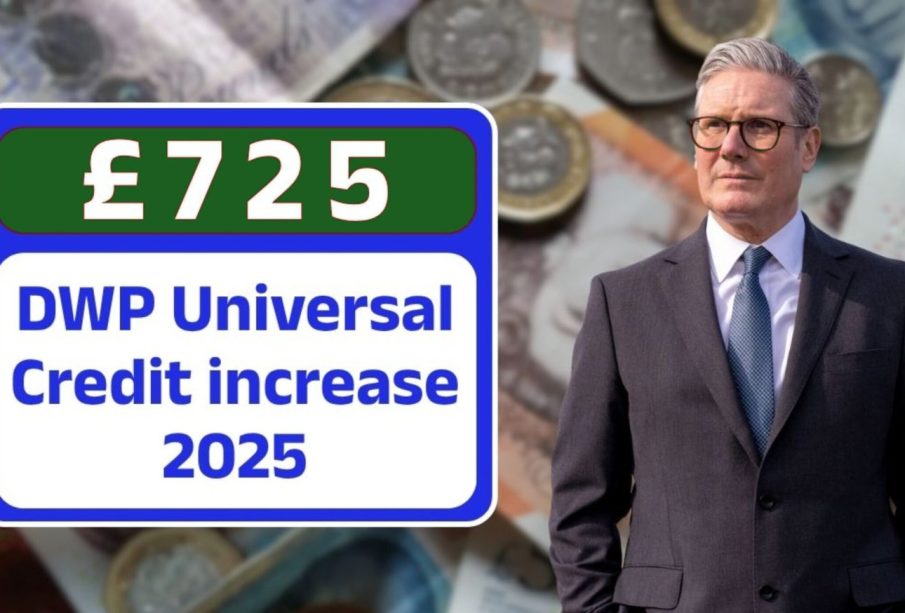The Recent Universal Credit Boost from the DWP

Introduction
The Department for Work and Pensions (DWP) recently announced a significant boost to Universal Credit, reflecting the government’s commitment to supporting vulnerable citizens amid the ongoing economic challenges. Universal Credit, as the primary benefit for those in need, plays a crucial role in alleviating poverty and ensuring that individuals and families can maintain a basic standard of living.
Details of the Boost
The DWP revealed that the increase in Universal Credit will take effect from April 2024, allowing recipients to receive an additional £20 per week. This decision comes after extensive discussions regarding the rising cost of living, spiralling inflation, and the consequences of recent global events on households across the UK. It is aimed at providing vital support to low-income individuals and families, assisting them in tackling rising energy and food costs.
According to the DWP, over 5.5 million people currently benefit from Universal Credit, and this increase is expected to have a positive impact on their daily lives. Chief Secretary to the Treasury, John Glen, stated that “this boost signifies our commitment to ensuring that no one is left behind as we navigate through these challenging times.” The government also emphasized that the adjustment comes following careful consideration of economic conditions.
Implications for Recipients
The additional £20 per week is anticipated to provide a significant buffer for families under financial strain, particularly those with children, which has been a major area of concern for the DWP. Experts argue that this measure could lift thousands of children out of poverty, as studies suggest that financial stability can enhance overall well-being, mental health, and educational outcomes.
Moreover, charities focused on welfare and poverty alleviation have hailed this boost as a crucial step in the right direction. Many have called for the DWP to make this increase permanent, as ongoing economic uncertainty persists.
Conclusion
The universal credit boost announced by the DWP represents a much-needed respite for millions of individuals and families facing escalating living costs. As the government continues its efforts to foster economic stability, the impact of this financial support may well serve as a litmus test of policy effectiveness in the fight against poverty. Moving forward, stakeholders are encouraged to monitor the effects of this boost closely, with the hope that it could lead to further reforms aimed at building a more secure financial future for the most vulnerable citizens in the UK.









